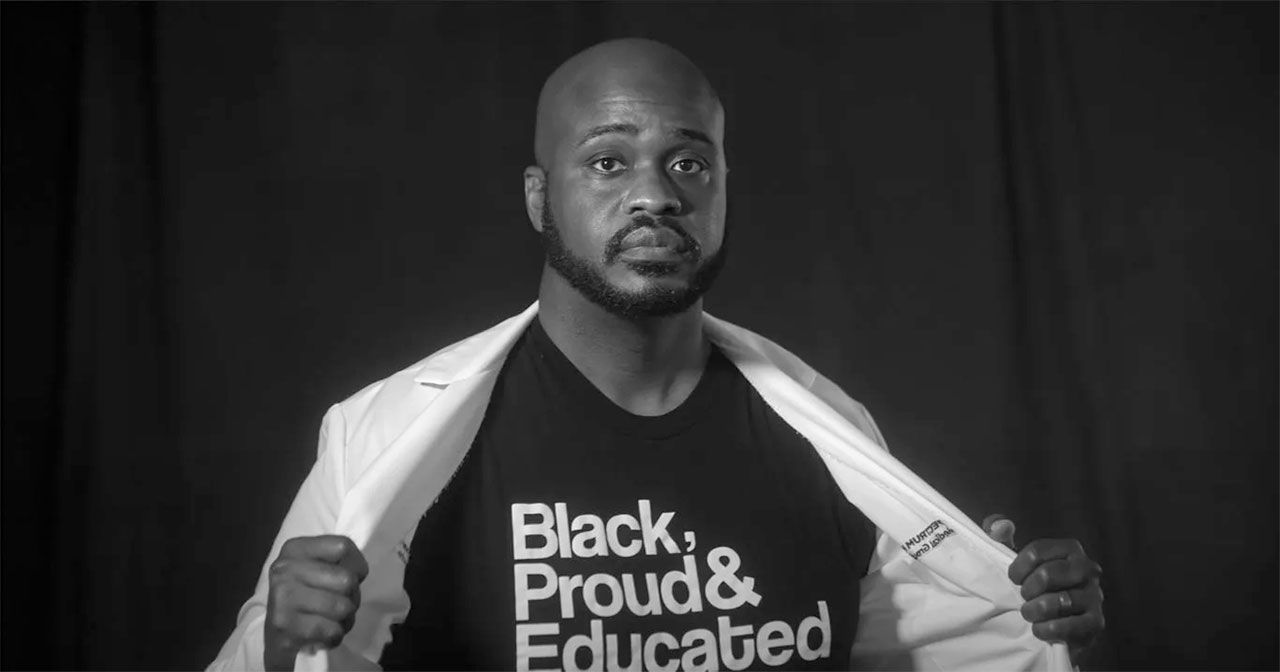
Understanding patient preferences
It is crucial to recognize that patient preferences in healthcare are
complex and influenced by various factors. Some patients may harbor
deep-rooted prejudices, often unconsciously shaped by historical, social
and media influences. The preference for a specific race of healthcare
provider can stem from preconceived notions about competence,
communication styles or personal comfort levels. Other patients may be
influenced by personal experiences, cultural backgrounds, religion and
societal biases. Nevertheless, racism against Black healthcare
professionals undermines the principles of equity, compassion and
quality care that the healthcare industry strives to uphold, and it must
be addressed.
Key impacts of biased behavior and racism on healthcare providers
Biases against Black healthcare professionals can manifest as
inaccurate conclusions about their competence, unfair evaluations,
exclusion from important discussions or limited opportunities for
professional growth. In the face of such circumstances, a provider’s
confidence, professional credibility and overall job satisfaction often
erode. In the long run, constant exposure to racism takes a significant
toll on the mental and physical health of Black healthcare
professionals. Experiencing microaggressions, discriminatory comments
and systemic bias at work (on top of the racial trauma that Black people
are faced with in their lives overall) leads to increased stress,
burnout and decreased job satisfaction. This can negatively impact
well-being and the ability to provide the best care for patients.
Consequences for patient care
Despite the racism to which they may be subjected, healthcare
professionals must act in the best interest of their patients. Moreover,
it is essential to respect patient autonomy and preferences to the
extent possible. It’s a lot to contend with, and healthcare providers
must navigate these situations delicately without compromising the
quality of care. However, if patients resist or even refuse care from
certain providers, then positive outcomes are certainly at risk.
Patients are deprived of the opportunity to benefit from providers’
expertise and cultural awareness and understanding. As we saw in
Spectrum’s video, some patients even consider refusing life-saving
operations if the surgeon is Black. “Racial concordance,” as it’s
called, is such an important factor for these patients that they will
even put their own lives at risk to avoid being treated by someone who’s
Black.
In the words of Lisette Martinez, Executive Vice President for
Inclusion, Diversity & Community Engagement at Thomas Jefferson
University & Jefferson Health: “All members of the clinical care
team have the same skills. We do not tolerate discrimination against any
of our Black clinicians. We communicate this to patients who request
racial concordance or become pejorative to our staff in their language.
Whether it is happening to us or our colleagues we must speak up and say
‘NO. Not here.’ Speaking up to protect ourselves and each other is
where we can begin to eliminate the explicit discrimination that
continues to show its face.”
Dismantling racism in healthcare
Racism against Black healthcare providers is a deeply rooted problem
that demands urgent attention and collective action. It is our
responsibility as a society to dismantle systemic barriers, challenge
biases and support Black healthcare providers. Only then can we foster a
more equitable and inclusive healthcare system for the betterment of
both healthcare professionals and the patients they serve.
Learn more with DEI LEAP, a new course from SunShower Learning
Learn more about healthcare diversity, equity and inclusion by taking SunShower Learning’s new course: DEI Leap. It was developed in partnership with Lisette Martinez, and it will launch in September of 2023.

